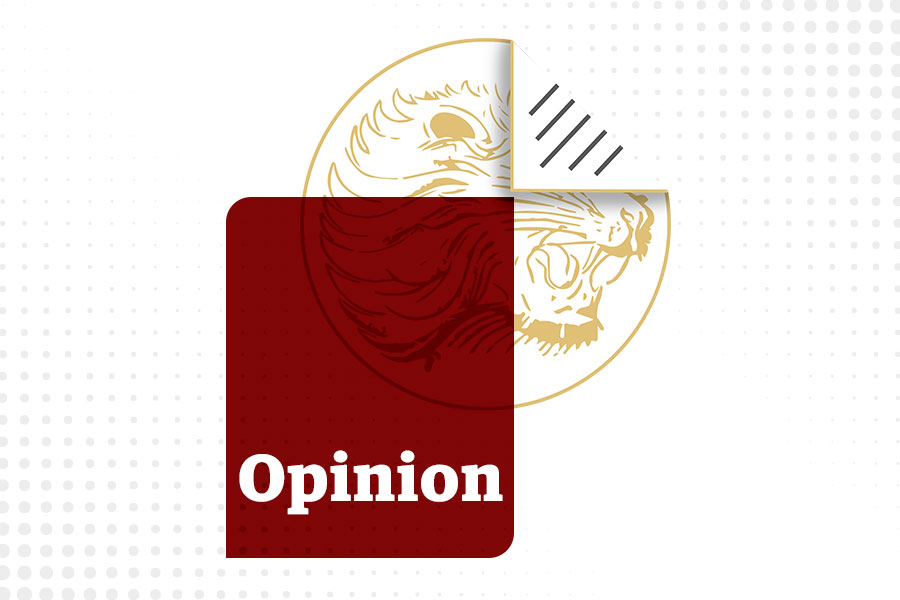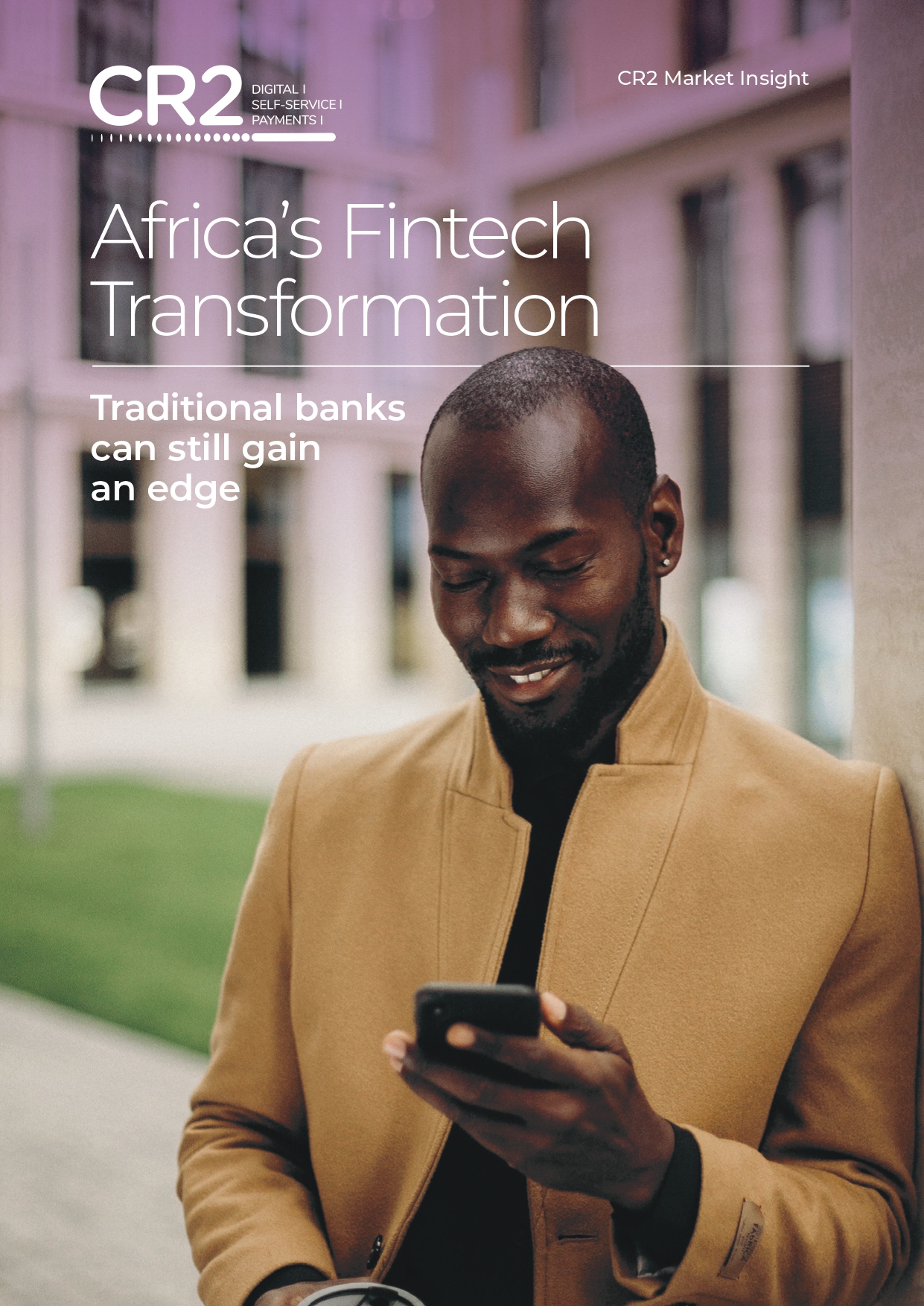
Viewpoints | May 27,2023
Jun 12 , 2021
By Efosa Ojomo , Lincoln Wilcox
Africa is often regarded as a risky place to do business. There are success stories, like Safaricom, Flutterwave, and Kobo360. But investors tend to view them as anomalies: the fact that they are thriving, despite pervasive poverty, political instability, and widespread corruption, is a matter of luck, not proof that Africa is a “safe” investment destination.
These perceptions explain why, though Africa is home to 17pc of the world’s population, its innovators received just 4.4pc of global foreign direct investment (FDI) in 2020. Unless they change, Africa will continue to suffer – and investors will miss lucrative opportunities.
It is true that the African business environment is challenging. But that is true of all low- and middle-income countries, including the United States at the beginning of the twentieth century. When Henry Ford proposed his Model T – an affordable car for the masses – many of his investors baulked. The US lacked the necessary infrastructure, including paved roads, gas stations, and repair shops. And the average American could not afford a car, anyway.
The investors who pulled out of Ford’s project probably lived to regret it. Ford did not simply manage to overcome the obstacles they had cited; he leveraged them to his advantage. Instead of fighting for a share of an existing market, he created a new one out of consumers who had not traditionally purchased cars. And he generated countless jobs in the process.
Market-creating innovations like the Model T thus create prosperity for both the organisations behind them and the societies in which they are launched. Because they democratise access to previously exclusive products, investors, entrepreneurs, and consumers all have an interest in their success.
Africa today is rife with opportunities for market-creating innovations. The question is whether seizing them requires betting on luck, as investors seem to assume, or on strategies that can reliably enable companies to avoid the pitfalls of the operating environment. Our research points to the latter.
We studied 100 market-creating organisations (39 African) and found remarkable similarities in their strategies. A core challenge is figuring out how to serve populations that historically have not been able to purchase certain products. Every organisation we studied overcame that challenge by identifying traditional barriers to consumption – such as cost, inconvenience, or complexity – and actively dismantling them.
In every case, success depended on a willingness to defy convention. Innovative business models accompanied innovative products, with companies devising targeted strategies that enabled them to meet their customers’ needs and keep their own costs down, thereby clearing a path toward profitability.
Copia, a Kenyan e-commerce start-up, is a case in point. Copia’s founders recognised that rural populations in their country were often unable to purchase even basic goods because supermarkets were too far away and the products they sold were often too expensive. Rural consumers did not have the time or money to spare.
So, Copia created a business model tailored to consumers’ specific needs: it purchases supplies directly from manufacturers and distributes them through a network of agents based in rural areas, such as hairdressers or tailors. To avoid tying up money in inventory, Copia purchases only what consumers have preordered through their local agent. Transactions take place through mobile money platforms. All of this enables Copia to keep prices low and turn a profit.
To make its business model work, Copia had to take on tasks that conventional supermarkets do not, such as finding and training local agents, navigating poorly developed infrastructure, and advertising via radio. But, just like Ford, its reward is the creation of a new market with no real competition.
“There are a number of great e-commerce businesses, but their focus is on the urban, salaried consumer,” CEO Tim Steel said in a recent interview. “Our focus is, and will always be, the underserved low-to-middle-income consumer. We want to make sure our model works for them.”
Another commonality among market-creating companies is their willingness to take responsibility for gaps in infrastructure that might hinder their ability to reach new consumers. In fact, 87pc of the organizations in low-income countries we studied integrated tasks that might ordinarily be undertaken by other companies or the government.
Metro African Express, a Nigerian ride-hailing company that uses motorcycles, actually turned infrastructure gaps into a competitive advantage, as co-founder Adetayo Bamiduro put it. Unlike conventional ride-hailing companies, MAX had to create a powerful support system, in order to secure enough drivers.
For starters, MAX created a system for drivers to become licensed. Moreover, by using its own transaction data to build credit histories for its drivers, and creating a network of credit providers, MAX helps its drivers to access financial services – which in turn can enable them to purchase their own motorbikes.
Yes, being the first to arrive in an untapped market of middle-class consumers would be a great way for a business to make a lot of money. But, as countless firms have shown, it is hardly the only way. By developing innovative business models – which dismantle or surmount barriers to consumption and integrate unconventional activities – companies can meet customers where they are and create lucrative markets.
The narrative about doing business in Africa needs to be revised. Given the myriad products and services that remain unattainable, opportunities for market-creating innovation abound. Africa’s innovators are working hard to seize those opportunities. Investors would do well to support them.
PUBLISHED ON
Jun 12,2021 [ VOL
22 , NO
1102]

Viewpoints | May 27,2023

Radar | Sep 28,2019

Fortune News | Jun 20,2020

Commentaries | Oct 15,2022

Radar | Aug 18,2024

My Opinion | Apr 22,2023

Featured | Mar 27,2021

Sponsored Contents | Nov 22,2021

Verbatim | Apr 26,2025

Commentaries | May 21,2022

My Opinion | 131548 Views | Aug 14,2021

My Opinion | 127903 Views | Aug 21,2021

My Opinion | 125878 Views | Sep 10,2021

My Opinion | 123509 Views | Aug 07,2021

Dec 22 , 2024 . By TIZITA SHEWAFERAW
Charged with transforming colossal state-owned enterprises into modern and competitiv...

Aug 18 , 2024 . By AKSAH ITALO
Although predictable Yonas Zerihun's job in the ride-hailing service is not immune to...

Jul 28 , 2024 . By TIZITA SHEWAFERAW
Unhabitual, perhaps too many, Samuel Gebreyohannes, 38, used to occasionally enjoy a couple of beers at breakfast. However, he recently swit...

Jul 13 , 2024 . By AKSAH ITALO
Investors who rely on tractors, trucks, and field vehicles for commuting, transporting commodities, and f...

Jun 28 , 2025
Meseret Damtie, the assertive auditor general, has never been shy about naming names...

Jun 21 , 2025
A well-worn adage says, “Budget is not destiny, but it is direction.” Examining t...

Jun 14 , 2025
Yet again, the Horn of Africa is bracing for trouble. A region already frayed by wars...

Jun 7 , 2025
Few promises shine brighter in Addis Abeba than the pledge of a roof for every family...

Jun 29 , 2025
Addis Abeba's first rains have coincided with a sweeping rise in private school tuition, prompting the city's education...

Jun 29 , 2025 . By BEZAWIT HULUAGER
Central Bank Governor Mamo Mihretu claimed a bold reconfiguration of monetary policy...

Jun 29 , 2025 . By BEZAWIT HULUAGER
The federal government is betting on a sweeping overhaul of the driver licensing regi...

Jun 29 , 2025 . By NAHOM AYELE
Gadaa Bank has listed 1.2 million shares on the Ethiopian Securities Exchange (ESX),...